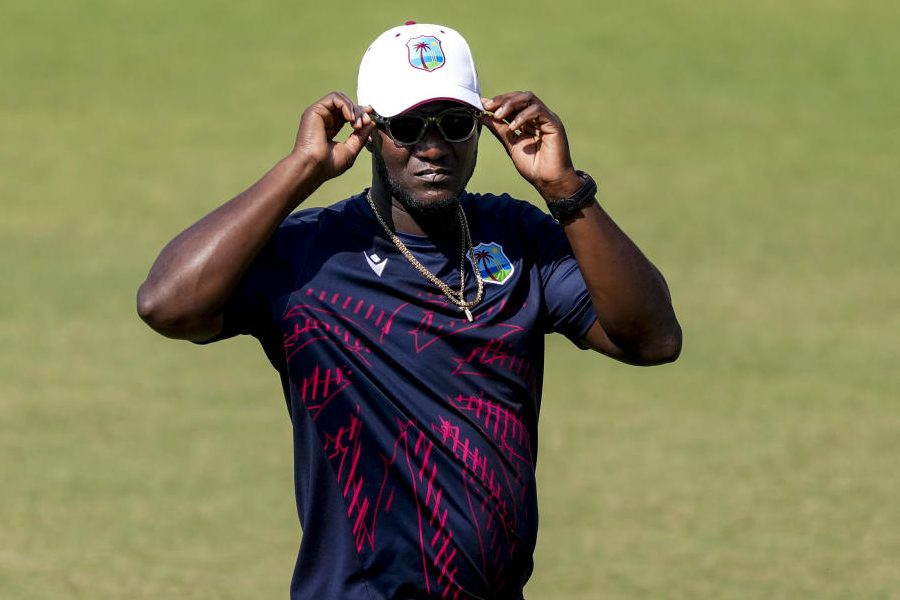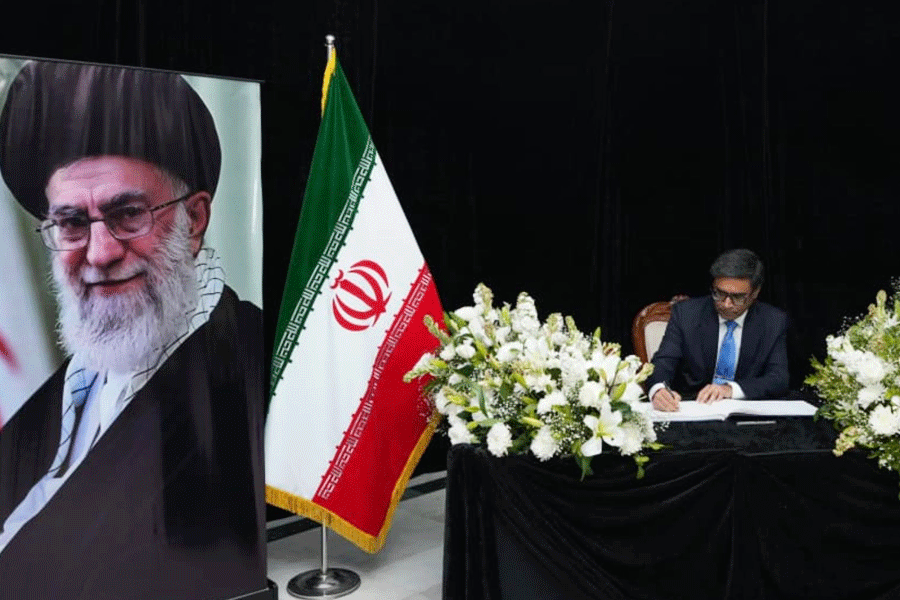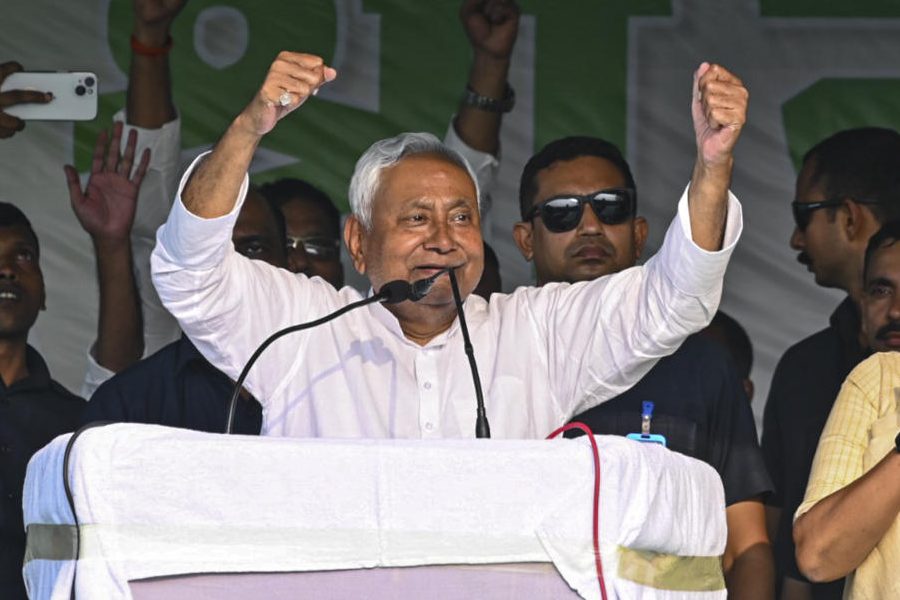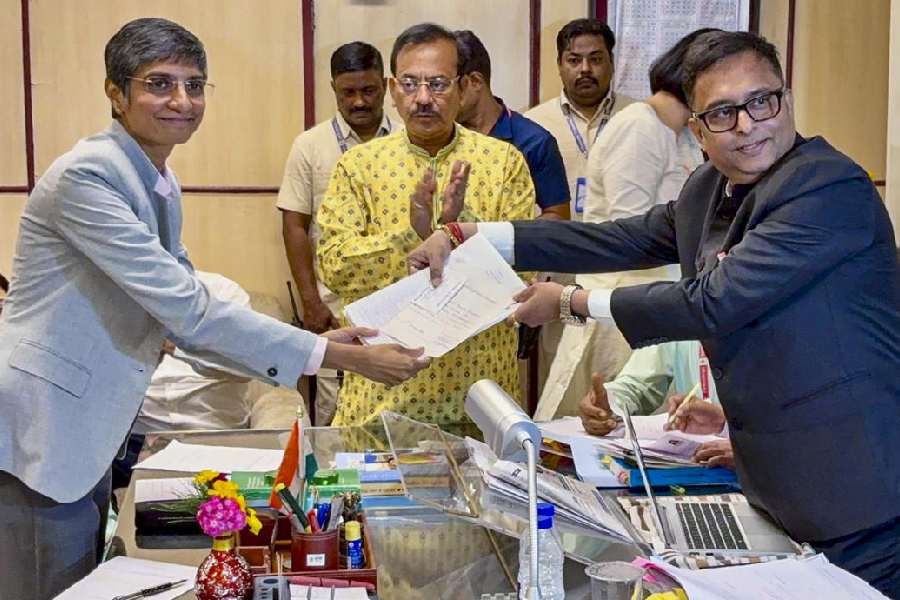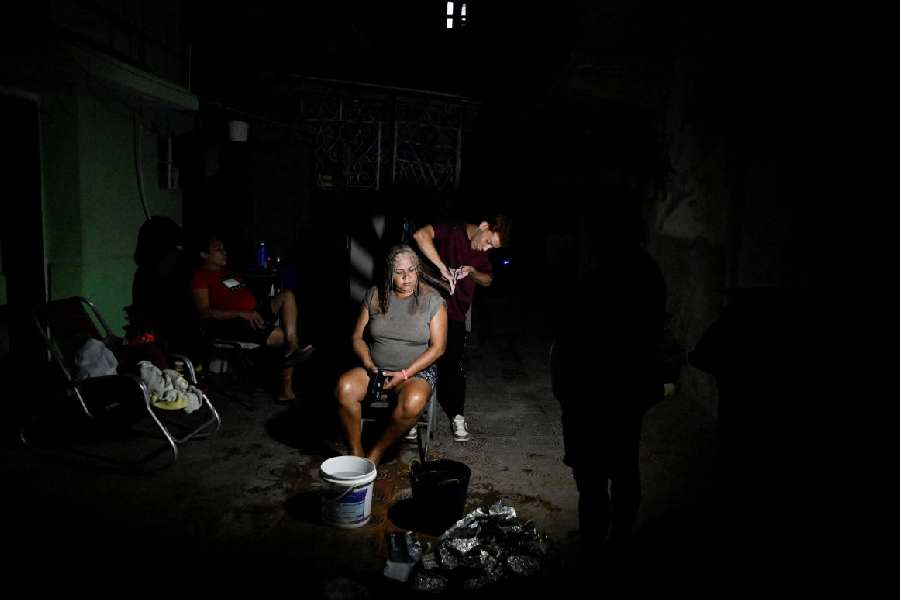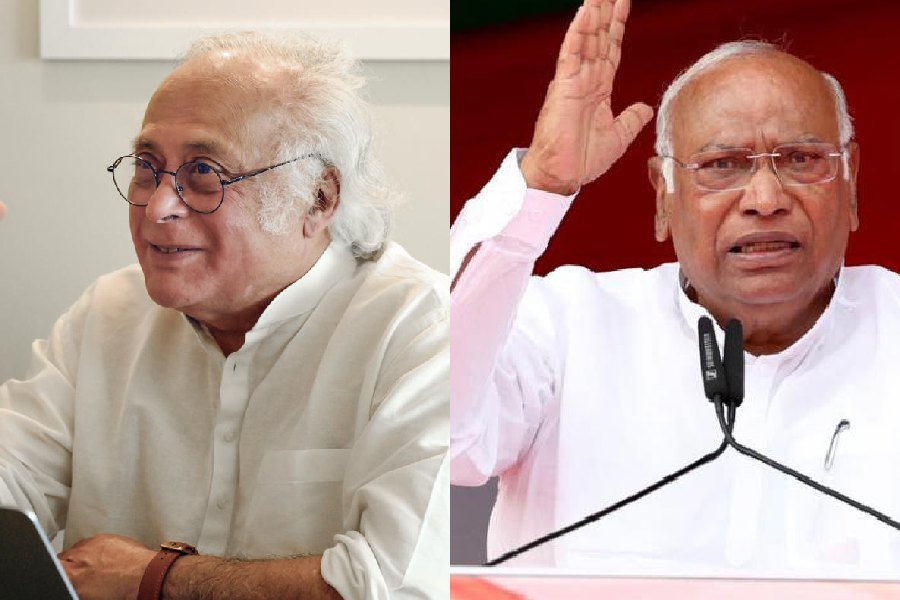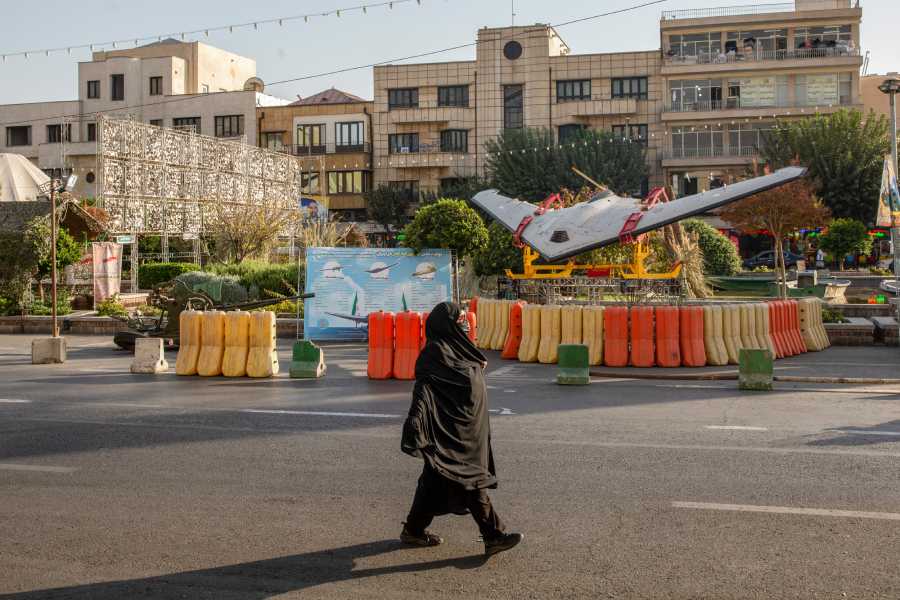Afghani singer and activist Aryana Sayeed has forayed into Hindi cinema by singing in My Melbourne, a four-in-one anthology helmed by prolific filmmakers Imtiaz Ali, Kabir Khan, Onir and Rima Das. A t2 chat with Aryana who has broken many a barrier, within Afghanistan and outside, to be where she is today.
What has the experience been like ever since your song Rukna nahi from My Melbourne released?
Singing in a different language has been a unique experience because I usually sing in either Farsi or Dari, which are my own languages. I have been been getting a lot of compliments, including being told that I don’t have an accent when I sing in Hindi. Hopefully, this is true (smiles).
Rukna nahi is a song about resilience... does it mirror your life and journey in any way?
Absolutely! There are so many aspects of it that I love and that piqued my interest. The lyrics are very empowering and positive. As a women’s rights activist as well as one who advocates social issues, that is something I am very passionate about. The music (by Anurag Sharma) has also been arranged in a beautiful, powerful manner.
The story (Setara, directed by Kabir Khan) in itself is empowering. It is an Afghan woman’s story about fighting for her dreams and not giving up. So everything about this project connected. I have put my heart into the song.
What was the emotion like of also singing a version of the song in Farsi?
It was beautiful! I have sung in Farsi, Pashto, English and now in Hindi. But this was my first time working on such a big project and that, too, in Bollywood. This is a big deal, especially for me as an Afghan, because all that we have been through, and continue to go through, we want our voices to reach other countries, whether it is through art or protest.
In Afghanistan, we have grown up loving Bollywood, and for me to represent my country in my language in a Bollywood film was amazing. Working with Kabir Khan, who I love as a director, was a dream fulfilled.
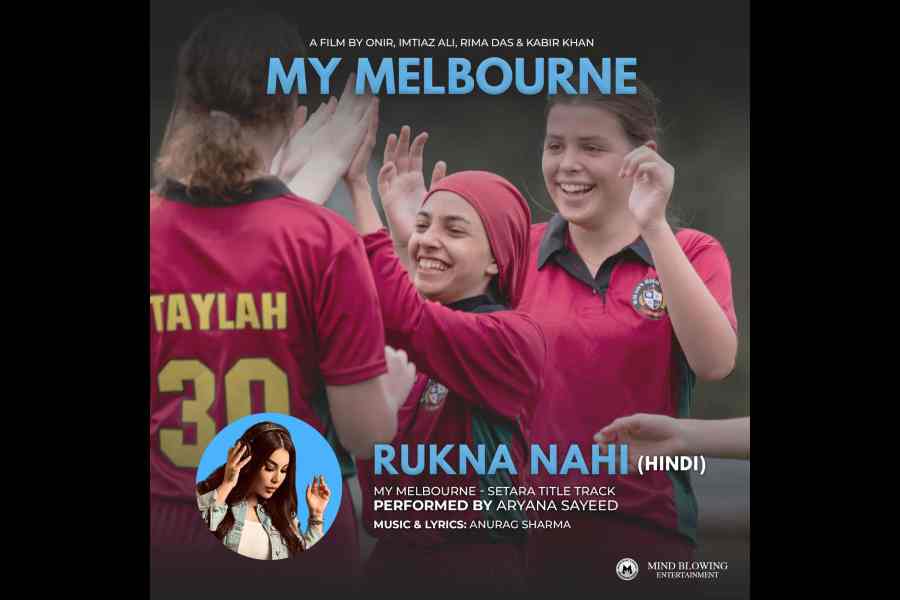
Rukna nahi from My Melbourne
Will this mean the start of actively attempting to pursue a career in Hindi cinema?
For any singer in the subcontinent, especially for someone like me growing up, Bollywood has always been the dream. I hope I get a chance to do some playback singing, or at least sing in Hindi in some form or the other. It is a dream, it is a desire. I am working towards that.
Growing up on Bollywood, were there any films or songs that impacted a young Aryana?
As kids, my sisters and I would play Hindi film songs from the ’90s. An early song that blew my mind was Alisha Chinai’s Made in India. I loved her voice and I still love that song! I also grew up watching movies like Hum Aapke Hain Koun...!
Growing up as a woman in a war-torn country ruled by dictatorial forces, what did you have to do to stick to your dream?
When I was in Afghanistan, I took most of my energy from the women there. That is because I realised that I had become the source of hope for millions of Afghan women. That brought on a huge sense of responsibility. I realise that when they look at me, they feel a sense of hope. That has given me more energy to fight and make my voice heard, despite the forces that tried to silence me. The women in my country, despite everything, never give up. They gave me the courage to pursue my dreams and to forge a career outside Afghanistan. I try and give back to them through my organisation DEFAW (Defenders of Equality, Freedom and Advancement for Women), which works for Afghani girls and women.
What would you count as the turning points in your career so far?
One would be my performance at the Ghazi Stadium in Kabul. It was a historic moment not only for me as a singer and performer, but for all the women of Afghanistan — that this was the place where the Taliban used to execute women during their first rule. In fact, I performed at the same spot in order to try and erase those horrible, dark memories and to replace them with fresh music and happy moments in my people’s minds. It was a move that caught international attention.
Also, I am proud to have been a judge on three big musical shows in Afghanistan — The Voice, Afghan Star and Superstar of Afghanistan. I also got an award called Freedom Award for my activism work. That is something that I am extremely proud of.
Has fearlessness always been ingrained in you?
I grew up in a family of very strong women, comprising six sisters and my mom. All of them are very strong and have been great role models for me... I am the youngest in the family. So that was already ingrained in me and then I saw the plight of the women in my country. I witnessed their stories of struggle and that has become the reason why I am who I am today.
There was definitely some fear when I lived in Afghanistan. But because my dreams and my desire to better the plight of the women in Afghanistan was so important to me, I continued being who I was. I had to be strong all the time despite the challenges, despite the fear, despite the problems. I have to be strong for these women and give them hope.
What is your big dream for yourself and your country?
I dream of going back to Afghanistan. I want to stay in my country and serve my people. This may sound funny, but one day I hope to be the president of Afghanistan. I want to build it as the country I always dreamed of. That country needs a woman’s touch.


